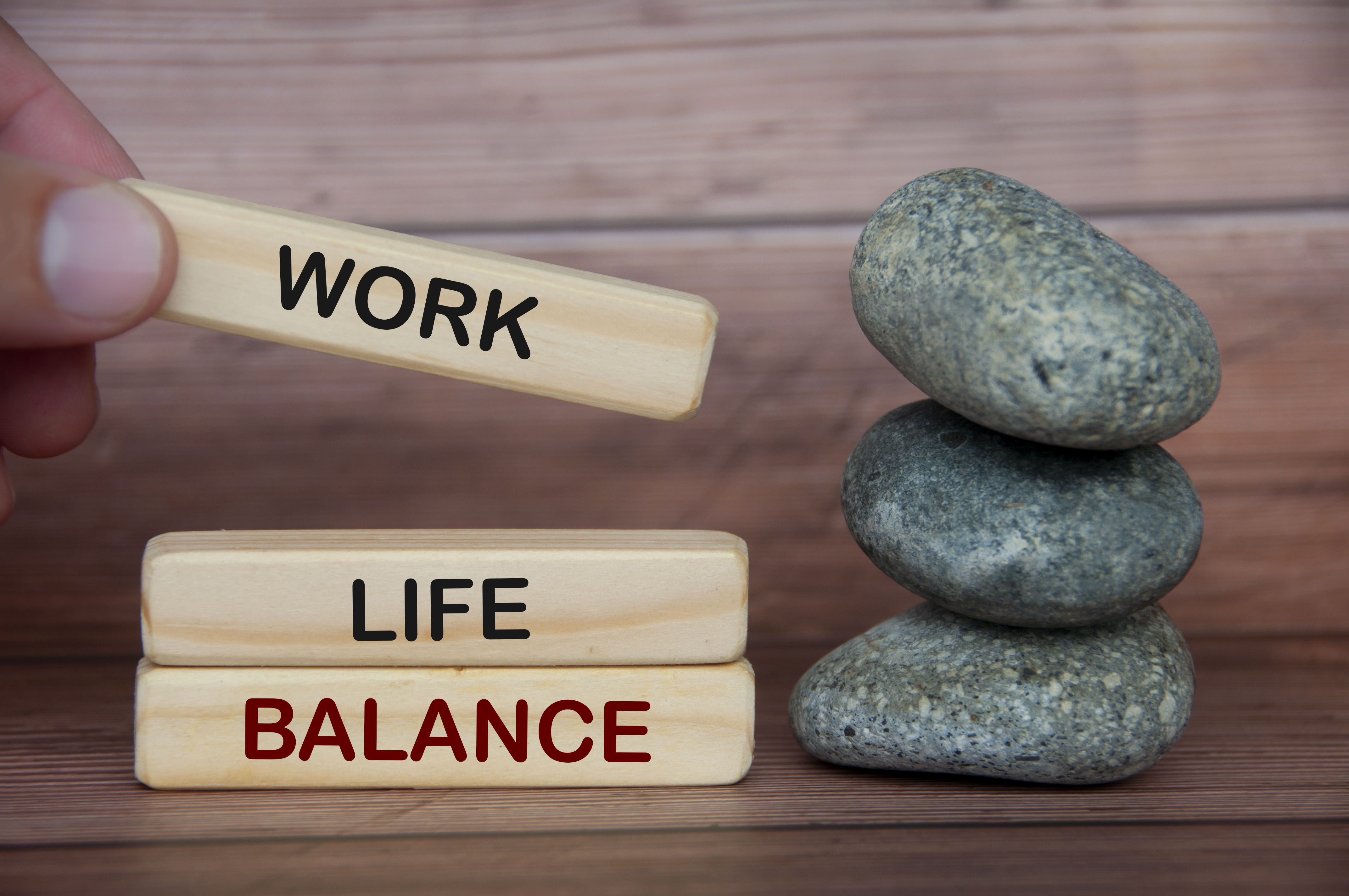Achieving a healthy work-life balance is a common struggle in today’s fast-paced world. The pressures of modern work culture often lead to feeling overwhelmed and juggling professional and personal responsibilities. However, implementing effective strategies can help you manage your time better and ensure you are giving enough attention to both work and life. Here are the top 9 work-life balance tips you must know about because you’re not alone in this.
1. Set Clear Boundaries
Establishing clear boundaries between work and personal life is crucial. Designate specific times for work and stick to them. Avoid checking emails or taking work calls during your individual time. By setting these boundaries, you can create a distinct separation that helps you unwind and recharge.
2. Prioritize Your Tasks
Effective task management involves prioritizing your tasks based on their urgency and importance. Use tools like to-do lists or digital planners to organize your tasks. Focus on completing high-priority tasks first, which helps in reducing stress and preventing burnout.
3. Learn to Say No
Saying no can be difficult, but it’s necessary for maintaining a work-life balance. Assess your workload and only take on tasks that you can handle without compromising your personal time. Politely declining extra work can free up time for self-care and family.
4. Schedule Downtime
Scheduling regular breaks throughout your day can significantly enhance your productivity and mental well-being. Short breaks allow you to rest and rejuvenate, making you more efficient when you return to work. Incorporate activities like stretching, walking, or meditation into your breaks.
5. Leverage Technology
Use technology to your advantage by automating routine tasks and using productivity apps. Tools like project management software, calendar apps, and communication platforms can streamline your work processes, saving you time and reducing stress.
6. Delegate Tasks
Delegating tasks to others can help lighten your workload and ensure that you are not overwhelmed. Identify tasks that can be handled by colleagues or subordinates and trust them to manage these responsibilities. Effective delegation allows you to focus on more critical tasks and balance your workload better.
7. Maintain a Healthy Lifestyle
A healthy lifestyle is integral to achieving a work-life balance. Ensure you get regular exercise, eat nutritious meals, and get enough sleep. Physical well-being directly impacts your mental health and productivity, making it easier to manage work and personal life.
8. Set Realistic Goals
Setting achievable goals can help you maintain a balance between work and life. Break down larger projects into smaller, manageable tasks and set realistic deadlines. This approach prevents you from feeling overwhelmed and keeps you on track.
9. Make Time for Hobbies and Interests
Engaging in hobbies and activities you enjoy is essential for a balanced life. Allocate time each week to pursue interests outside of work. Whether it’s reading, painting, or hiking, hobbies provide a much-needed escape from work-related stress and enhance your overall well-being.
Conclusion
Balancing work and life is an ongoing process that requires conscious effort and effective strategies. By setting clear boundaries, prioritizing tasks, learning to say no, scheduling downtime, leveraging the power of technology, delegating tasks, maintaining a healthy lifestyle, setting realistic goals, and making time for hobbies, you can achieve a harmonious work-life balance. Start implementing these tips today to enhance your productivity and well-being, and remember, technology can be a powerful ally in managing your time effectively.

